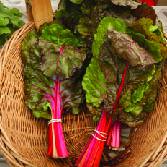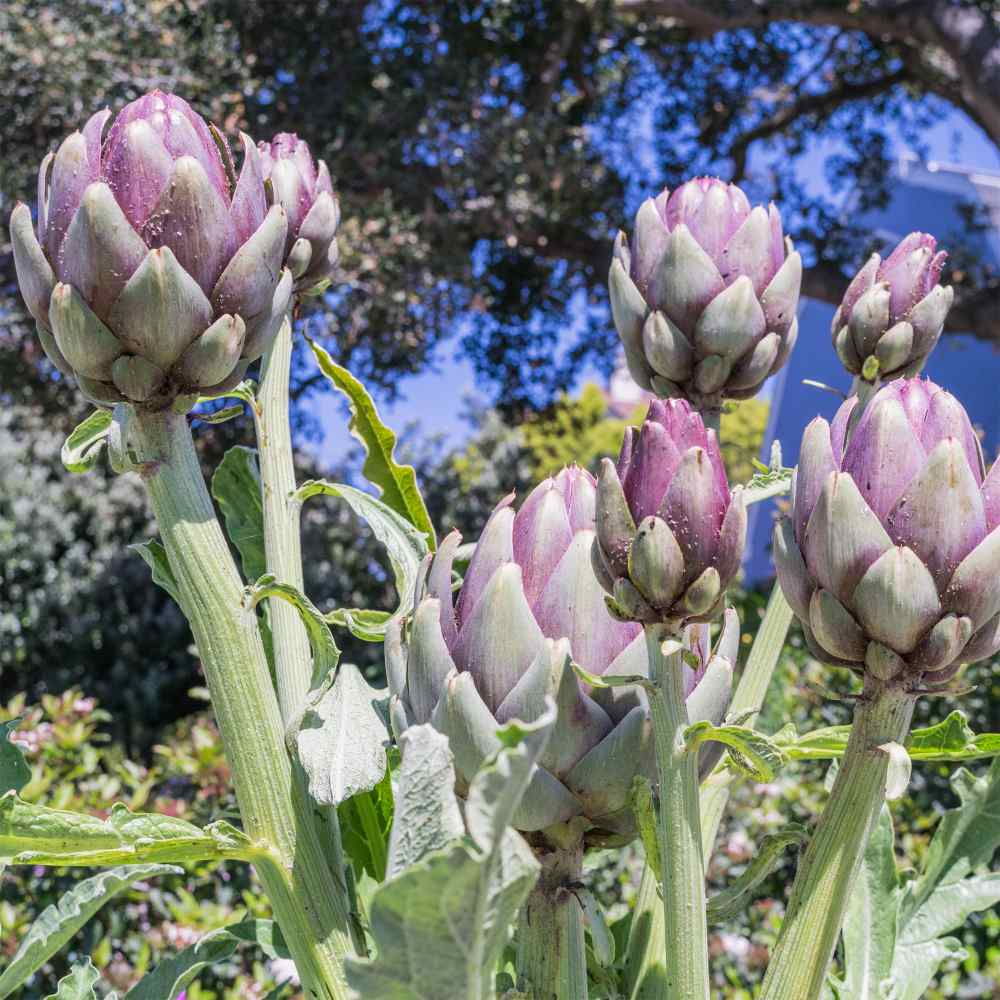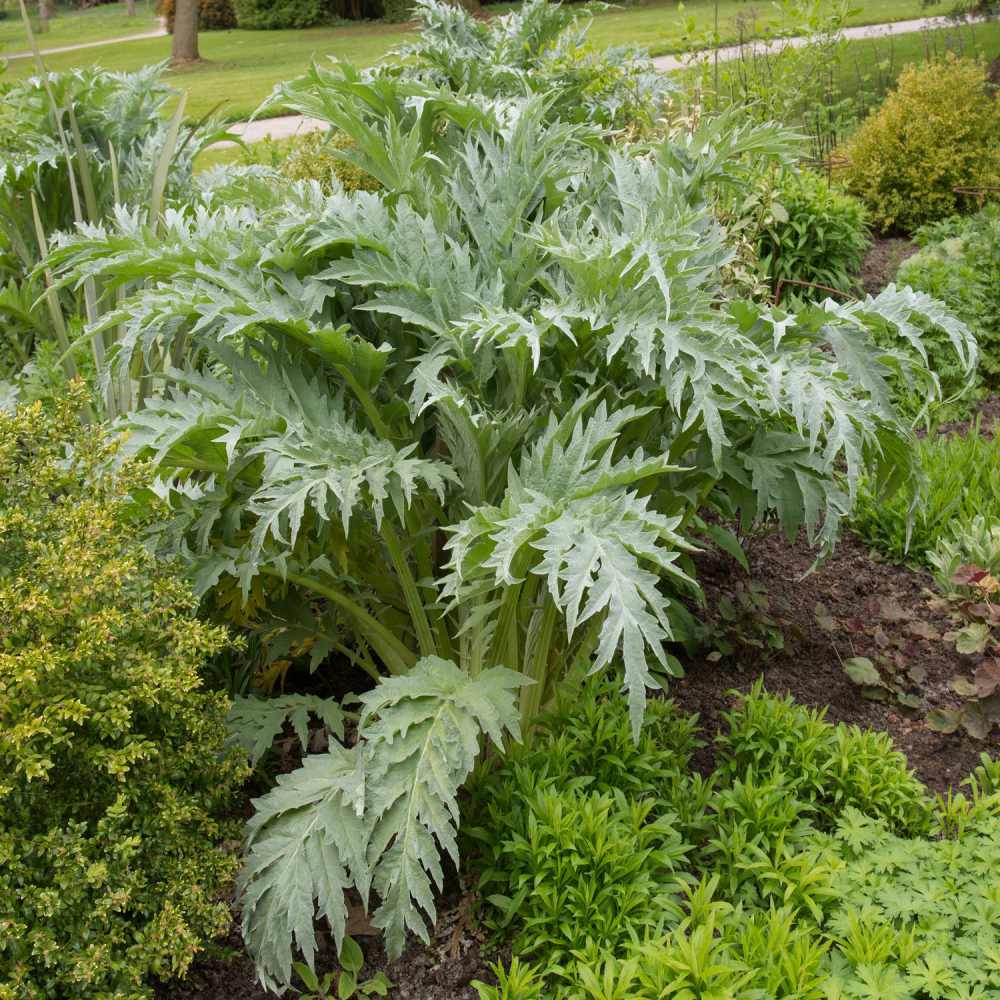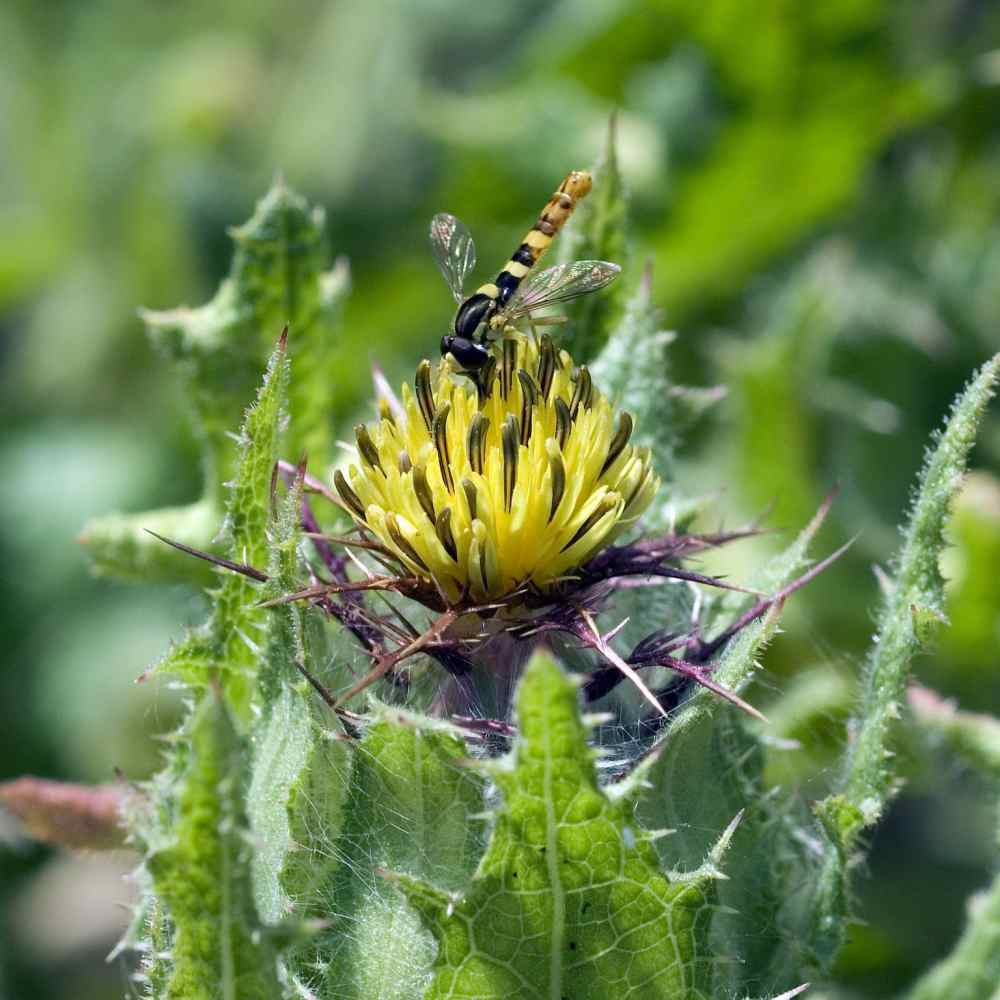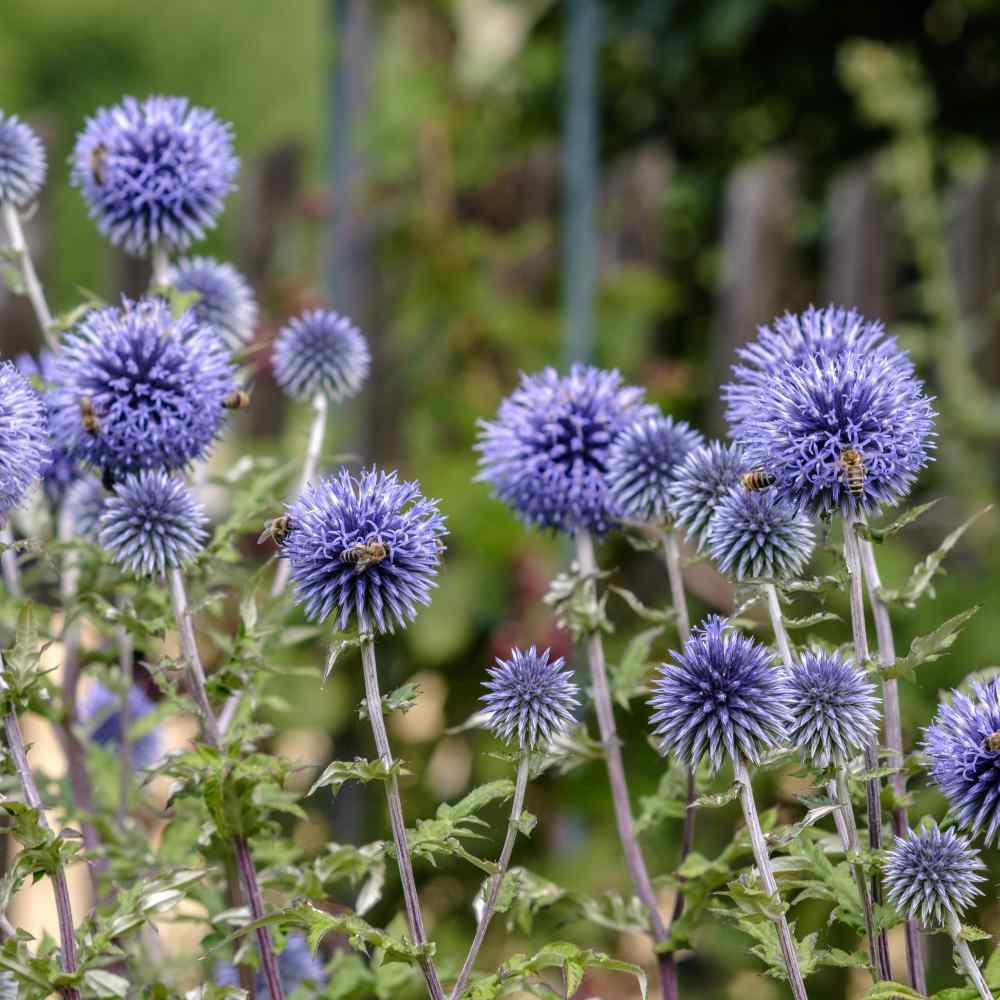
Artichoke Planting and Care Guide
Quick Facts About Artichoke
Artichoke plants have been grown for centuries, dating back to the Greeks and Romans. They are edible thistles and are native to the Mediterranean area where they grow in the wild. The edible portion of the plant is the large flower bud, and each plant produces several of the buds which are 2 - 5 inches across. The heart of the bud is very tender, and there are many wonderful methods of preparation that bring out the flavors of this gourmet herb.
Planting Time

Planting Location
Artichoke plants needs to be placed in full sun and in soil that drains well. The best soils are sandy loams that are fertile. Because of their large size, they need lots of space in the garden.
How to Plant Artichoke
- Soak the Artichoke seeds overnight to soften the outer coat
- Some gardeners will give the seeds a cold treatment prior to planting as well
- Cover the seed 1/4 - 1/2 inch with soil
- Start the seeds in a larger pot because Artichokes form a taproot
- Or start the seeds directly outdoors in soil that's been worked 8 inches in depth and compost has been added to provide nutrients and aid in drainage
- If the Artichoke seeds are started indoors, the seedlings will benefit from grow lights for 8 - 10 week prior to planting out
- Transplant the Artichoke plants once there's no danger of frost, and be careful not to disturb the roots
- Plant the young Artichoke plants 3 - 4 feet apart
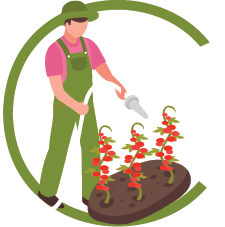
Care And Maintenance
- Keep the soil moist for establishment
- Feed regularly with a fertilizer high in potassium for bud growth
- Mulch around the base of the plant
- Harvest the buds when they're at least 3 inches apart
- Cut a couple of inches of the stem to easily handle the bud
- When all the buds are harvested, cut the entire plant back 1/3 to generate future growth
- Store the buds in the refrigerator
















